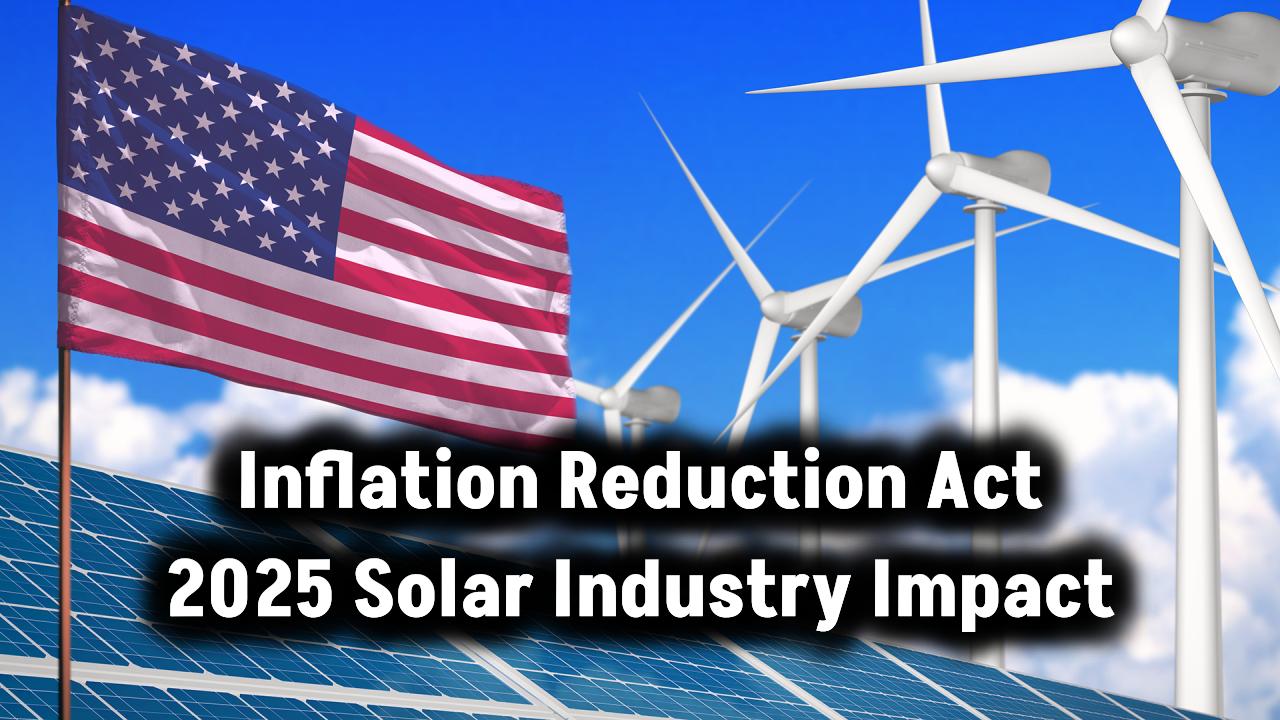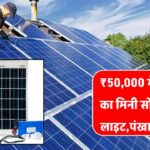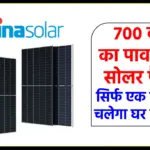
Solar panels are often celebrated as a “set-it-and-forget-it” technology, providing clean, renewable energy with little fuss. But do solar panels need maintenance? You might be surprised to learn that while solar panels are generally low-maintenance, regular care is crucial for keeping them operating at peak efficiency.
In this guide, we’ll break everything down simply and clearly—perfect whether you’re just curious, managing your own home solar system, or responsible for a commercial array.
Also Check: U.S. Slaps Steep Tariffs on Southeast Asian Solar Imports: What This Means for the Solar Industry
Why Solar Panels Need Maintenance
While modern solar panels are incredibly durable—often lasting 25 to 30 years or more—they aren’t invincible. Over time, dirt, debris, pollen, bird droppings, and even weather events like hail can impact their performance. According to Solar.com, solar panel efficiency can drop by 5% to 30% if panels are not kept clean and maintained.
Without occasional attention, small problems like loose wiring or microcracks can also lead to much bigger issues, potentially voiding warranties or shortening the system’s lifespan.
The Main Enemies of Solar Panels:
- Dirt and Dust: Common in dry or windy areas.
- Bird Droppings: Block sunlight more than dust.
- Leaves and Debris: Especially problematic after storms.
- Weather Damage: Rare but possible, especially hail.
- System Wear and Tear: Normal aging of inverters and wiring.
Step-by-Step Solar Panel Maintenance Guide
1. Cleaning Your Solar Panels
When and how often should you clean them?
- Twice a year is recommended for most locations.
- Quarterly cleaning is better in dusty, industrial, or pollen-heavy areas.
- After major storms or nearby construction work.
How to clean them safely:
- Use a soft brush or sponge.
- Use deionized water to prevent mineral spots.
- Avoid using high-pressure washers or abrasive tools.
- Clean panels during cooler times of day (early morning or evening) to prevent thermal stress.
Tip: Rain can help with light dust, but manual cleaning is still essential in many areas.
Common Mistakes to Avoid:
- Using soap or chemicals that leave residue.
- Cleaning panels when they are hot, which can cause cracking.
- Walking on panels, risking physical damage.
2. Conducting Visual Inspections
Doing a quick check every six months helps catch issues early.
Look for:
- Cracks or chips in the panels.
- Loose wiring or connections.
- Accumulation of debris around the system.
- Corrosion signs on the mounting system.
Professional inspections can uncover issues invisible to the naked eye, like microcracks.
Also Check: This One Solar Tax Credit Could Save You Over $7,500 — But Most Americans Don’t Even Know It Exists!
3. Scheduling Professional Inspections
According to EnergySage, an annual inspection by a certified professional is strongly recommended.
They will:
- Check electrical wiring.
- Test inverter performance.
- Examine panel mounts and structures.
- Assess overall system health.
Additional Professional Services:
- Infrared scanning to detect hot spots.
- Electrical system testing for potential faults.
- Preventative maintenance to replace worn-out parts before failure.
4. Monitoring System Performance
Most modern solar systems come with an app or online portal. Regularly check your system’s output to catch performance dips early.
If you notice a sudden drop, it could be due to:
- Dirty panels.
- Shading from newly grown trees.
- Faulty inverter or wiring issues.
- Malfunctioning individual panel (in microinverter or optimizer setups).
Always contact your installer or service provider if you notice unusual activity.
Risks of Neglecting Solar Panel Maintenance
Many owners mistakenly believe that once solar panels are installed, they need no further thought. Unfortunately, neglect can lead to:
- Decreased energy production: Loss of up to 30% efficiency.
- Shortened lifespan: Increased wear and tear.
- Costly repairs: Small issues can turn into expensive problems.
- Voided warranties: Most warranties require proof of regular maintenance.
- Reduced Return on Investment (ROI): Lower efficiency means longer time to recover costs.
Example: A study by the National Renewable Energy Laboratory found that properly maintained panels produced 6-8% more energy compared to those left unattended.
Advanced Solar Maintenance Tips for Professionals
- Install Bird Guards: Prevent birds from nesting underneath panels.
- Use Monitoring Software: Advanced software can analyze trends and predict failures.
- Weatherproof Critical Components: Ensure inverters and batteries (for hybrid systems) are properly sheltered.
- Plan for Seasonal Variations: Understand how seasons impact output and adjust maintenance schedules accordingly.
Also Check: 10 Breakthrough Technologies That Could End America’s Fossil Fuel Dependence
(FAQs)
Q1: Do solar panels work if they are dirty?
Yes, but not as efficiently. Dirt, dust, and debris can block sunlight, reducing power output by up to 30% in extreme cases.
Q2: Can I clean solar panels myself?
Yes, if done carefully. Use soft brushes, avoid abrasive materials, and always prioritize safety. When in doubt, hire a professional.
Q3: How much does professional solar panel maintenance cost?
On average, professional cleaning costs between $150 and $400 per session, depending on roof access, panel count, and location.
Q4: What is the warranty on solar panels?
Most panels have a 25-year performance warranty and a 10-15 year product warranty. However, lack of maintenance can void these warranties.








